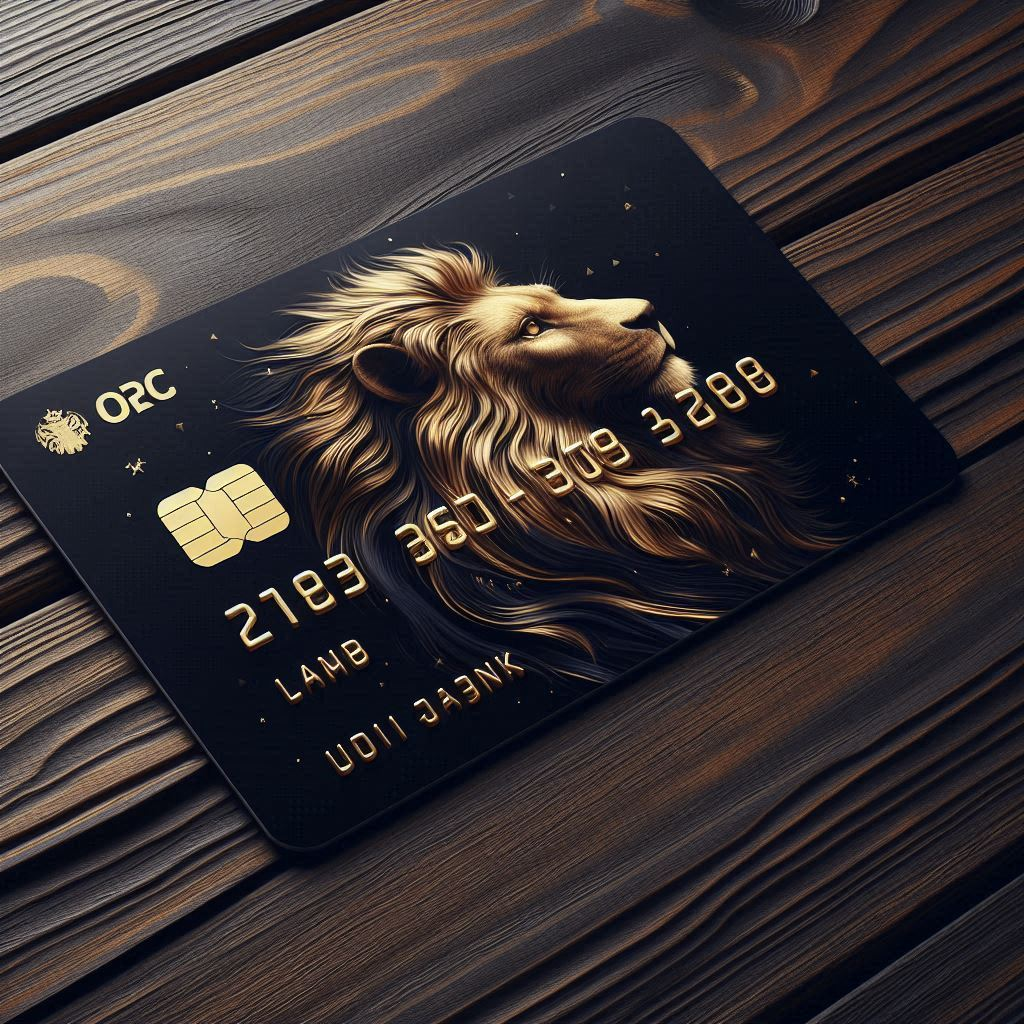
In the United States, the racial wealth gap continues to be a pressing issue, with Black Americans facing significant disparities in economic opportunities and outcomes. One way to address this gap is by supporting Black-owned banks and financial institutions. Banking Black is a movement that encourages individuals and businesses to deposit their funds in Black-owned banks, with the goal of stimulating economic growth and development in Black communities.
History of Black-Owned Banks
Black-owned banks have a rich history in the United States, dating back to the Civil War era. These banks played a crucial role in providing financial services to newly freed slaves and other Black individuals who were excluded from mainstream banking systems. Today, there are only about 20 Black-owned banks remaining, with assets totaling approximately $5 billion.
The Rich History of Black Banks in the United States
Black banks have a storied history in the United States, dating back to the Civil War era. These financial institutions played a crucial role in providing economic opportunities and financial services to newly freed slaves and other Black individuals who were excluded from mainstream banking systems.
Early Beginnings (1865-1900)
- Freeman’s Bank: Established in 1865, Freeman’s Bank was the first Black-owned bank in the United States. It provided financial services to newly freed slaves and helped them purchase land.
- The Savings Bank of the Grand Fountain: Founded in 1870 in North Carolina, this bank was established by a group of Black businessmen to provide financial services to the local community.
The Golden Age (1900-1930)
- The National Bank of North Carolina: Established in 1908, this bank was one of the largest Black-owned banks in the country at the time.
- The Mechanics and Farmers Bank: Founded in 1908 in Durham, North Carolina, this bank was a major financial institution in the Black community.
The Great Depression and Beyond (1930-1980)
- The Consolidation Era: During the Great Depression, many Black banks consolidated to stay afloat. The number of Black banks decreased significantly during this period.
- The Civil Rights Era: Black banks played a crucial role in financing the Civil Rights Movement, providing financial services to organizations and individuals.
Modern Era (1980-Present)
- Deregulation: The deregulation of the banking industry in the 1980s led to increased competition and consolidation, making it challenging for Black banks to survive.
- Revitalization Efforts: In recent years, there has been a renewed focus on supporting Black-owned banks, with initiatives such as the National Bankers Association’s “BankBlack” campaign.
Today, there are approximately 20 Black-owned banks in the United States, with assets totaling around $5 billion. Fortunately for those of us who reside in Dallas-Ft. Worth, there are multiple Black-owned banking options. Institutions such as the Mount Olive Baptist Church Credit Union, Faith Cooperative Credit Union, and Oak Cliff Christian Federal Credit Union, are here to serve our community. For a look at the national offerings, take a look at this map by the Blackout Coalition.
While the number of Black banks has decreased over the years, their significance in providing financial services and economic opportunities to Black communities remains vital.
Benefits of Banking Black
Banking Black offers numerous benefits, including:
- Community Development: Black-owned banks invest in their local communities, providing loans and financial services to residents and businesses.
- Economic Empowerment: By supporting Black-owned banks, individuals can help create jobs, stimulate economic growth, and promote financial stability in Black communities.
- Cultural Preservation: Black-owned banks help preserve the cultural heritage and legacy of Black financial institutions.
- Access to Financial Services: Black-owned banks provide financial services to underserved communities, addressing issues of financial inclusion.
Challenges Facing Black-Owned Banks
Despite their importance, Black-owned banks face significant challenges, including:
- Limited Resources: Black-owned banks often have limited assets and resources, making it difficult to compete with larger mainstream banks.
- Lack of Awareness: Many individuals are unaware of the existence and importance of Black-owned banks.
- Systemic Barriers: Black-owned banks face systemic barriers, including discrimination and lack of access to capital.
How to Support Black-Owned Banks
Individuals and businesses can support Banking Black by:
- Opening an Account: Deposit funds in a Black-owned bank, either online or in-person.
- Investing in Black-Owned Banks: Consider investing in Black-owned banks through stock purchases or other investment vehicles.
- Spreading Awareness: Share information about the importance of Banking Black with friends, family, and social networks.
Interesting Statistics
- Bank Ownership: Of the 142 Minority Depository Institutions (MDIs) in the United States, only 18 are Black-owned, holding combined assets of $4.58 billion ².
- Access to Banking: In 2019, 6% of American adults were unbanked, with higher rates among lower-income households, less-educated households, Black households, Latino or Hispanic households, and households with unstable incomes ².
- Banking Competition: Majority Black and Latino or Hispanic neighborhoods have fewer financial services options and less banking competition than majority white neighborhoods ².
- Representation in Financial Services: Black Americans represent only 7.9% of professional workers in the financial services industry, and only 2.6% of executive/senior level positions ¹.
Conclusion
Banking Black is a critical step towards addressing the racial wealth gap and promoting economic empowerment in Black communities. By supporting Black-owned banks, individuals can help create a more equitable financial system and promote financial inclusion. Join the movement today and bank Black! ❤🖤💚💛
